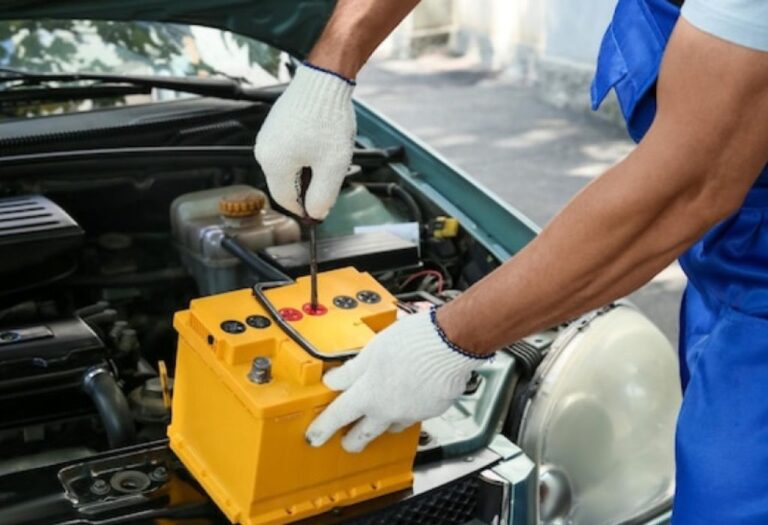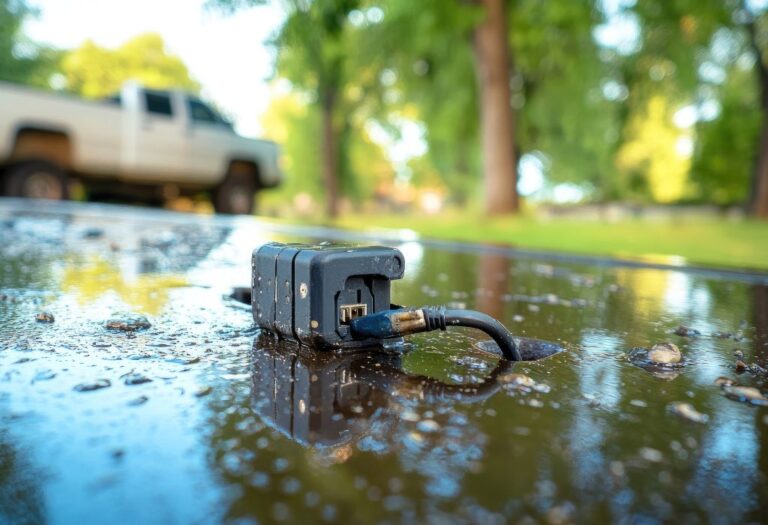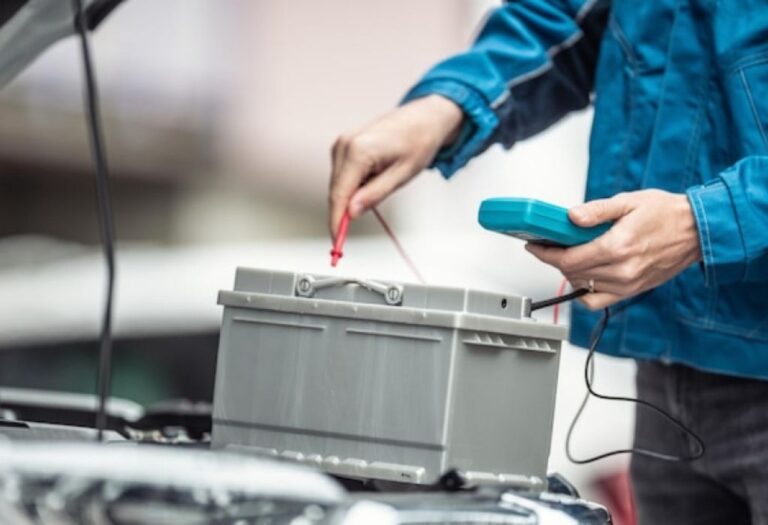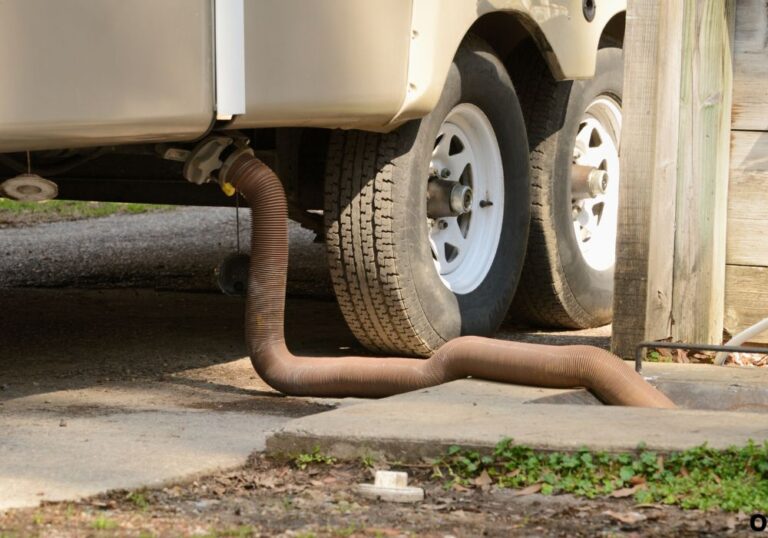Are Marine and RV Batteries the Same? Key Differences Explained
When it comes to powering your RV or boat, choosing the right battery can make all the difference. Many people wonder: Are marine and RV batteries the same? At first glance, they look similar and both come in 12V options, but their design, purpose, and performance differ significantly. Using the wrong type can reduce battery life, waste money, or even damage your equipment.
In this guide, we’ll break down the similarities, differences, pros, and cons of marine and RV batteries. By the end, you’ll know exactly which battery is best for your lifestyle—whether you’re cruising on the water or traveling the open road.
1. What Are RV Batteries?
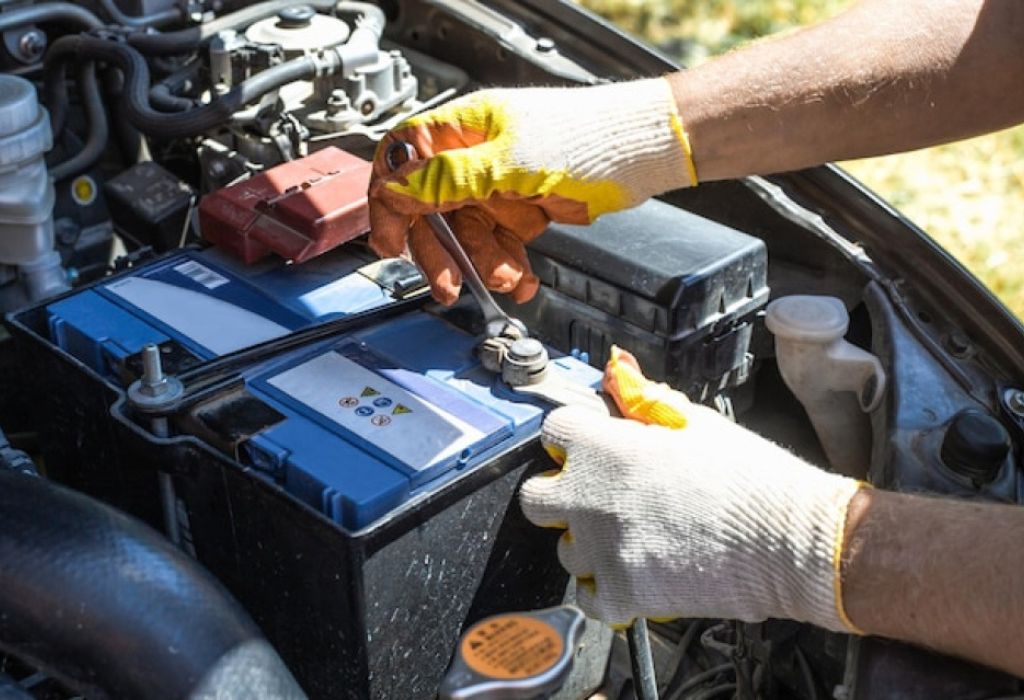
RV batteries are designed to power the living area of your camper or motorhome when you’re not plugged into shore power. Unlike the chassis battery that starts the engine, RV house batteries provide steady, long-lasting energy for lights, fans, refrigerators, water pumps, and electronics.
The most common RV battery types include:
- Flooded Lead-Acid Batteries – Affordable but require maintenance like topping off with distilled water.
- AGM (Absorbed Glass Mat) Batteries – Sealed, maintenance-free, and better suited for moderate RV use.
- Gel Batteries – Reliable but less common, with lower power output.
- Lithium-Ion Batteries – Lightweight, long lifespan, and capable of deep discharges, making them ideal for extended off-grid RV living.
RV batteries are primarily deep-cycle, meaning they are built to deliver steady power over time rather than short bursts.
2. What Are Marine Batteries?
Marine batteries are built for boats and watercraft. They must withstand harsh conditions like vibration, humidity, and exposure to saltwater. Marine batteries fall into two main categories:
- Marine Starting Batteries – Provide quick bursts of energy to start boat engines.
- Marine Deep-Cycle Batteries – Deliver steady power to trolling motors, fish finders, and onboard electronics.
Some marine batteries are “dual-purpose,” meaning they can start the engine and also run accessories. However, they are a compromise and may not last as long as dedicated deep-cycle batteries.
3. Key Similarities Between Marine and RV Batteries
While not identical, marine and RV batteries share several common traits:
- Both come in lead-acid, AGM, gel, and lithium technologies.
- Both are available in 12V options and measured in amp-hours (Ah).
- Both can be deep-cycle batteries designed for long discharges.
- Both require proper maintenance depending on the type chosen.
- Both are rechargeable using converters, alternators, solar panels, or generators.
4. Important Differences Between Marine and RV Batteries
The main distinctions come from how these batteries are built and what they’re optimized for.
- Design Purpose – RV batteries are optimized for steady long-term discharges, while marine batteries are designed to endure vibrations, moisture, and sometimes start engines.
- Starting vs. Deep-Cycle – Marine batteries often serve dual roles, while RV batteries are almost always deep-cycle.
- Durability – Marine batteries have thicker plates and stronger casings to handle rough water conditions. RV batteries are not built for that kind of constant vibration.
- Charging Methods – Marine batteries typically rely on alternators or onboard chargers, while RV batteries are often charged via converters, shore power, or solar setups.
- Size and Shape – Marine batteries are often compact to fit tight spaces in boats, while RV batteries can be larger and heavier to provide extended runtime.
5. Can You Use a Marine Battery in an RV?
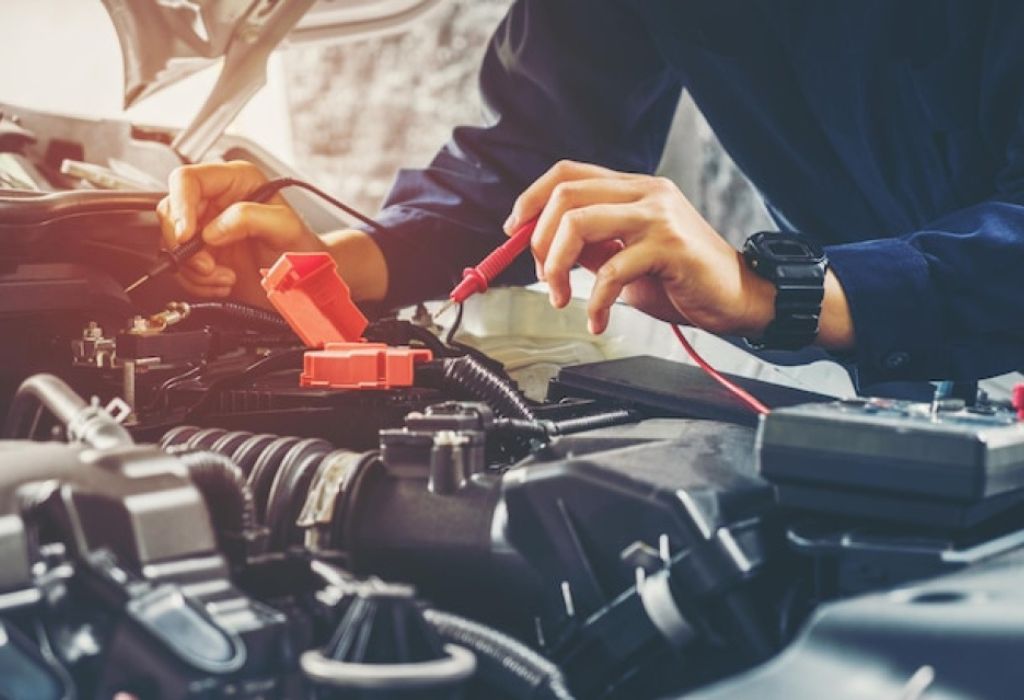
The short answer is yes, but with limitations. A deep-cycle marine battery can be used in an RV to power lights, appliances, and fans. However, marine dual-purpose batteries (which serve both as starting and deep-cycle) are not as efficient for RV use.
If you camp occasionally or need a temporary solution, a marine battery can work fine. But for full-time RVers or those who rely heavily on off-grid power, RV-specific deep-cycle or lithium batteries will last longer and perform better.
6. Can You Use an RV Battery in a Boat?
Using an RV battery in a boat is not recommended. While an RV battery could technically power electronics on a boat, it is not designed to handle constant vibration, humidity, or water exposure. In addition, RV batteries cannot provide the cranking amps needed to start a marine engine. For safety and performance, marine-specific batteries should always be used in boats.
7. Performance Comparison: Marine vs. RV Batteries
- Lifespan
- RV batteries, especially lithium, can last 5 to 10 years.
- Marine batteries usually last 3 to 5 years depending on use and conditions.
- Efficiency
- RV batteries are optimized for continuous discharges over long periods.
- Marine batteries balance short bursts of high power with steady output for electronics.
- Cost
- Flooded lead-acid batteries are cheapest for both RV and marine use.
- AGM and gel cost more but offer better reliability.
- Lithium is the most expensive but provides the longest lifespan and best performance.
- Power Output
- Marine starting batteries deliver high cold cranking amps (CCA) for engines.
- RV deep-cycle batteries provide steady amp-hours for extended power.
8. Factors to Consider When Choosing Between Marine and RV Batteries
Before deciding which battery is right for you, think about:
- Travel Style – Weekend camping vs. full-time RVing vs. boating.
- Power Needs – Running lights and fans vs. heavy appliances like fridges and inverters.
- Budget – Lead-acid is cheapest upfront, lithium is most expensive but lasts longest.
- Maintenance Preference – Willing to top off water (lead-acid) vs. wanting sealed, maintenance-free (AGM/lithium).
- Space and Weight – Boats often require compact sizes, RVs can fit larger battery banks.
9. Alternatives and Best Options for RV Owners
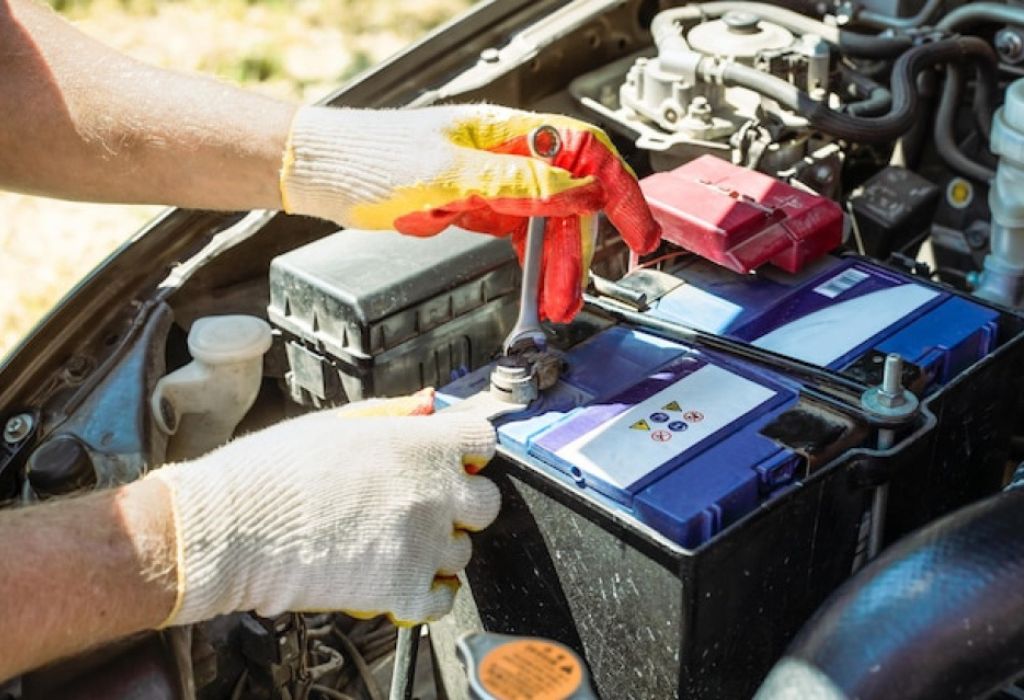
For RV use, the best choice usually depends on how often you camp and whether you go off-grid.
- Casual weekend campers – AGM or lead-acid batteries are affordable and reliable.
- Full-time RVers – Lithium batteries provide the most long-term value with deeper discharges and faster charging.
- Boondockers – A combination of lithium batteries and solar panels ensures nearly endless power.
- Backup option – A marine deep-cycle battery can be used in emergencies but shouldn’t be your primary choice.
10. FAQs
- Can I use one battery for both my RV and boat?
It’s possible with dual-purpose marine batteries, but performance will suffer. It’s always best to use batteries built for each application. - Do marine and RV batteries charge the same way?
Yes, both can be charged with converters, alternators, or solar, but charge profiles may differ depending on the chemistry (lead-acid vs. lithium). - Which lasts longer: marine or RV batteries?
RV batteries generally last longer, especially when lithium technology is used. - What’s the best battery type for full-time RV living?
Lithium deep-cycle batteries are the best option for efficiency, lifespan, and off-grid capability. - Are lithium batteries worth it for boats and RVs?
Yes, lithium batteries provide the longest lifespan, fastest charging, and highest efficiency, though they come at a higher upfront cost.
Conclusion
Marine and RV batteries are similar in some ways but designed for different purposes. Marine batteries are built to handle vibration and moisture, while RV batteries are optimized for steady, long-term power delivery.
You can use marine batteries in an RV, but they won’t last as long as RV-specific deep-cycle batteries. Likewise, RV batteries are not recommended for boats due to safety concerns and design limitations.
For RV owners, investing in a deep-cycle AGM or lithium battery is the best way to ensure reliable power, especially for off-grid adventures. For boat owners, sticking with marine batteries designed for your vessel is the safest choice.
Choosing the right battery for the right job will save you money, improve performance, and give you peace of mind on your next adventure.
I’m David R. Coleman, the founder, lead writer, and lifelong tool enthusiast behind GarageToolPro.com. With years of experience in automotive repair, woodworking, and home DIY projects, I created this platform to share practical tips, detailed tool reviews, and step-by-step guides that help mechanics, hobbyists, and homeowners get the job done right the first time.

